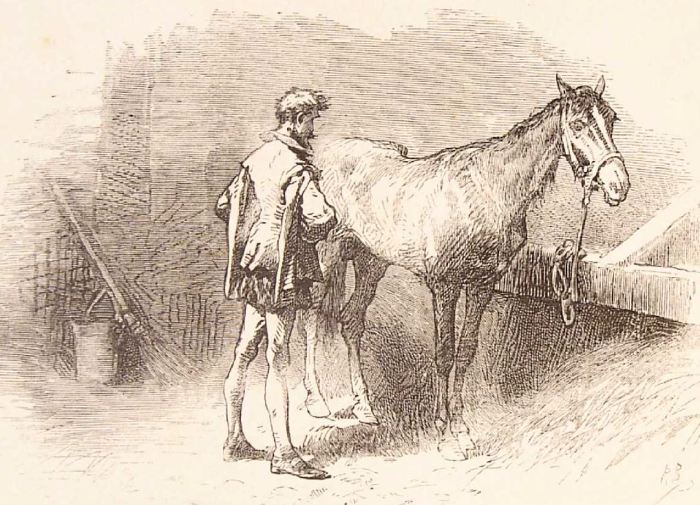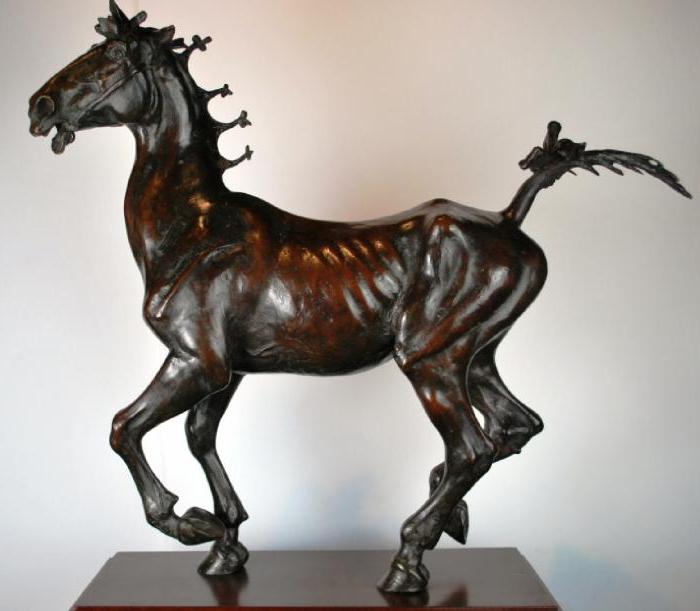Caballo de don quijote nombre – Rocinante, the renowned steed of Don Quixote, holds a significant place in the annals of literature. As the loyal companion of the chivalrous knight, Rocinante embodies the ideals and aspirations of his master, embarking on extraordinary adventures that have captured the imaginations of readers for centuries.
The name “Rocinante” itself is a testament to the horse’s humble origins. Meaning “old nag” or “workhorse,” it reflects Rocinante’s physical appearance and his practical role in Don Quixote’s endeavors. Yet, beneath this unassuming exterior lies a profound symbolism that mirrors the delusions and unwavering determination of his master.
Introduction
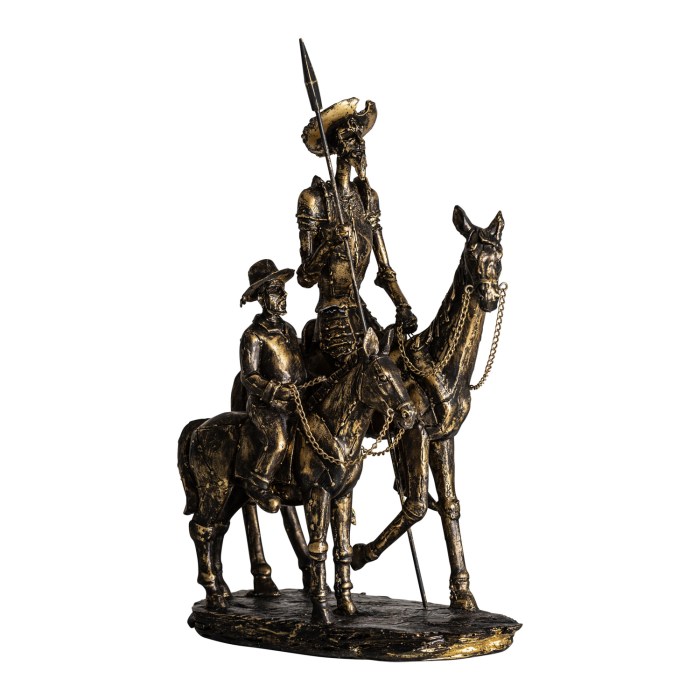
In the beloved novel “Don Quixote” by Miguel de Cervantes, the horse plays a significant role as the faithful companion of the titular character. Understanding the name of Don Quixote’s horse and its connection to the character himself provides valuable insights into the themes and symbolism of the work.
The horse’s name, Rocinante, is a clever and humorous creation by Cervantes. It is a play on the Spanish words “rocín” (meaning “nag” or “old horse”) and “ante” (meaning “before”). This name reflects the horse’s humble origins and its advanced age, highlighting the contrast between the grandiose aspirations of Don Quixote and the reality of his situation.
Rocinante’s Connection to Don Quixote
The name Rocinante also serves as a subtle commentary on Don Quixote’s own character. Like his horse, Don Quixote is a man of advanced age and humble beginnings who embarks on an idealistic quest. However, while Rocinante is a slow and unassuming horse, Don Quixote is a dreamer with an inflated sense of self-importance.
This juxtaposition highlights the irony and absurdity of Don Quixote’s chivalric adventures.
The Name “Rocinante”
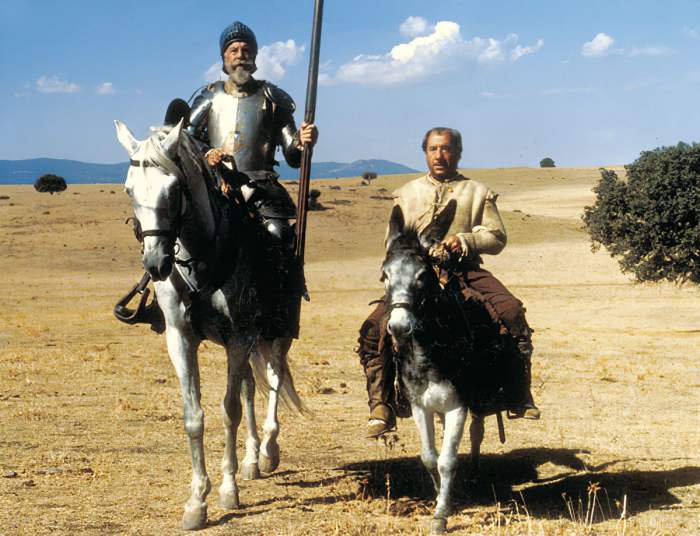
The name “Rocinante” is a clever and symbolic choice that captures the essence of Don Quixote’s horse and his own delusions.
Origin and Meaning, Caballo de don quijote nombre
The name “Rocinante” is derived from the Spanish word “rocín,” which means “old, worn-out horse.” This aptly describes the horse’s physical appearance, as he is depicted as a thin, bony, and unkempt animal.
Reflection of Appearance and Personality
The name “Rocinante” also reflects the horse’s personality. Despite his humble appearance, Rocinante is a loyal and spirited companion to Don Quixote. He is always willing to follow his master on his adventures, even though he often doubts the knight’s sanity.
Symbolism and Connection to Delusions
The name “Rocinante” has a deeper symbolic meaning as well. It represents Don Quixote’s own delusions. Just as Rocinante is an old and worn-out horse, Don Quixote is an aging and idealistic man who refuses to accept reality. Both the horse and the knight are trapped in a world of their own making, unable to see the truth that others can.
Rocinante, the famous steed of Don Quixote, was a loyal and tireless companion. Like the baobab tree in The Little Prince , Rocinante stood as a symbol of endurance and unwavering support, accompanying Don Quixote on his chivalrous adventures, just as the baobab tree stood by the little prince during his journey.
Rocinante’s Role in the Novel
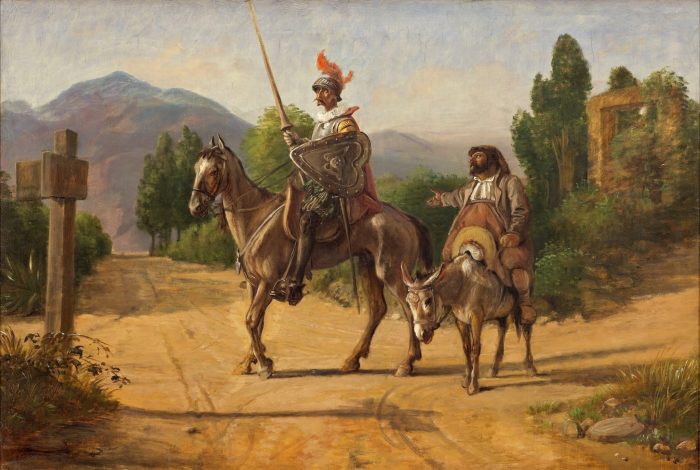
Rocinante, the faithful steed of Don Quixote, serves as an integral part of the novel’s narrative, embodying both practical and symbolic significance.
In a practical sense, Rocinante provides transportation for Don Quixote on his chivalrous quests. Despite his old age and meager appearance, Rocinante endures the hardships of the journey, reflecting the unwavering determination of his master.
Symbolic Significance
Beyond his practical role, Rocinante symbolizes Don Quixote’s ideals and aspirations. His lean and bony frame mirrors Don Quixote’s own physical and mental frailties, yet his noble spirit and unwavering loyalty represent the knight’s unyielding idealism.
Rocinante’s name, meaning “nagging horse,” suggests the challenges and ridicule Don Quixote faces as he pursues his dreams.
Relationship Evolution
Throughout the novel, Rocinante’s relationship with Don Quixote evolves. Initially seen as a mere beast of burden, Rocinante gradually becomes a trusted companion and confidant. Don Quixote’s affection for Rocinante grows, and he often confides in his horse about his dreams and adventures.
Cultural and Literary Impact
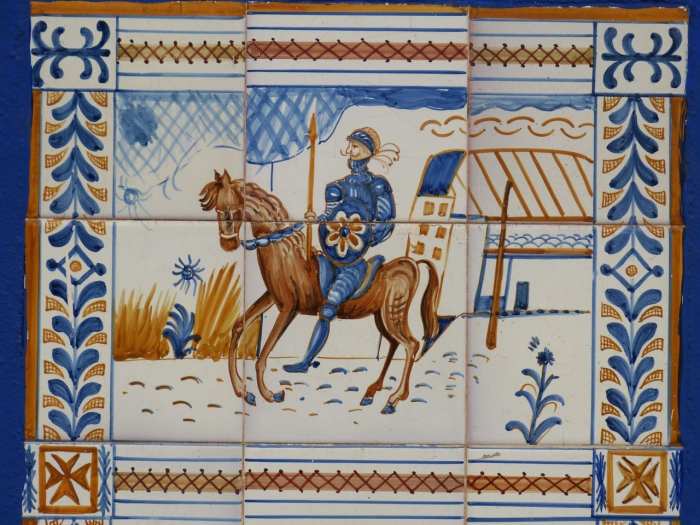
Rocinante, the faithful steed of Don Quixote, has transcended the pages of Cervantes’ novel to become an iconic figure in literature and popular culture. As a symbol of idealism and the human condition, Rocinante embodies the aspirations and struggles of those who dare to dream.
Depictions in Art and Literature
Rocinante has been immortalized in numerous works of art and literature. From the paintings of Salvador Dalí to the writings of Jorge Luis Borges, artists and writers have been inspired by the noble steed’s unwavering loyalty and indomitable spirit.
Symbolism and Enduring Appeal
Rocinante’s enduring appeal lies in his embodiment of the human condition. Like Don Quixote, he is a dreamer who refuses to succumb to reality. Despite his physical limitations, Rocinante represents the indomitable will and the power of imagination.
Rocinante’s legacy as a symbol of idealism and the human spirit ensures his continued relevance in modern society. He remains an inspiration to those who strive to achieve their dreams, no matter how daunting they may seem.
Frequently Asked Questions: Caballo De Don Quijote Nombre
What is the origin of the name “Rocinante”?
The name “Rocinante” comes from the Spanish words “rocín” (nag) and “ante” (before), meaning “old nag” or “workhorse.”
What is the significance of Rocinante’s physical appearance?
Rocinante’s thin and bony appearance reflects his humble origins and the hardships he endures alongside Don Quixote.
How does Rocinante symbolize Don Quixote’s ideals?
Rocinante represents Don Quixote’s unwavering determination and belief in the power of imagination, despite the harsh realities of the world.
